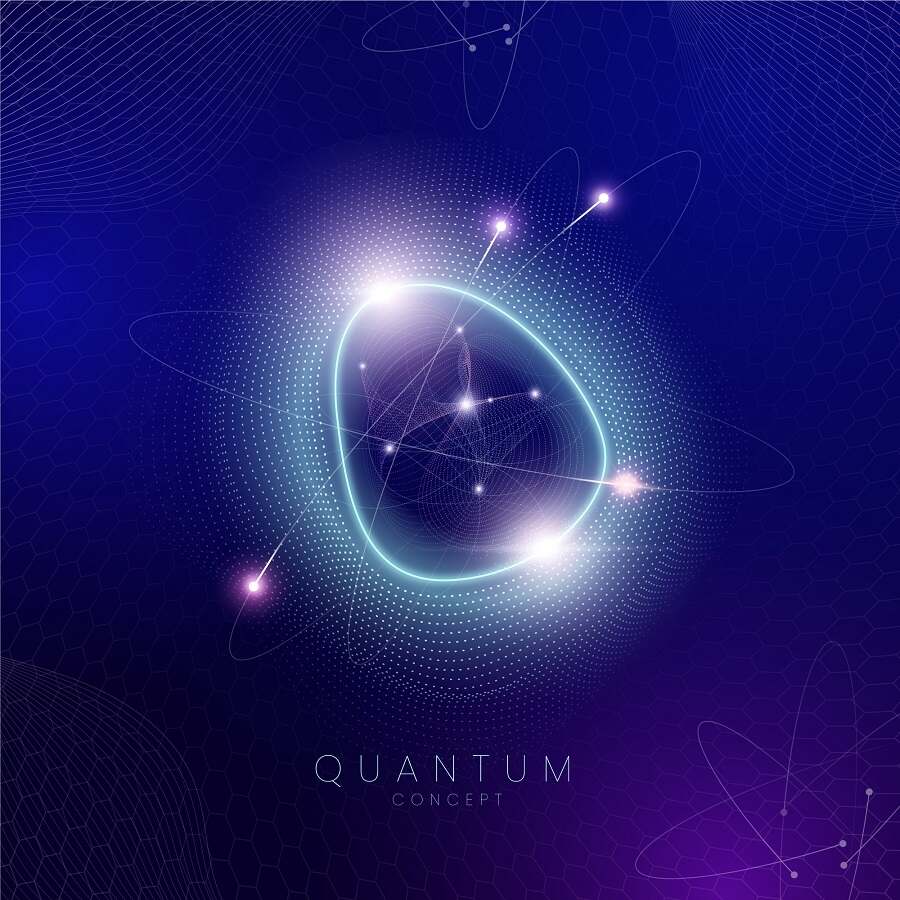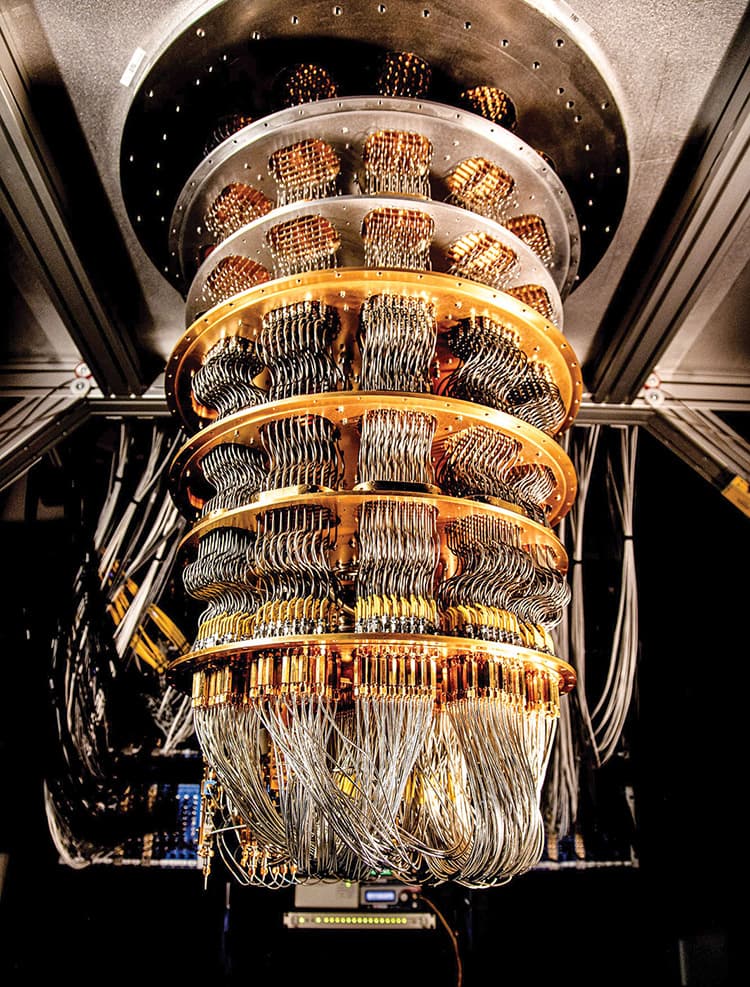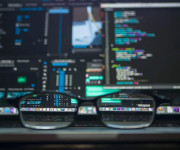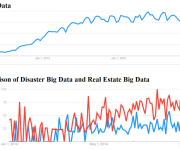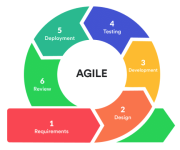The Future of Quantum Computing and Its Implications
Hi, Tech Enthusiast! Picture this: a powerful computer makes our machines look like ancient abacuses. Sounds like something out of a sci-fi movie, right? But, believe it or not, that’s the trajectory we’re on with quantum computing. Dive in with me as we demystify this cutting-edge realm of technology and take a glimpse into a future where problems considered unsolvable today might just be child’s play!
Stepping Into Quantum: Beyond the Binary
Computers, as we know them, work on bits – those tiny 1s and 0s. But quantum computers? They level up with “qubits.” While a bit must be a 1 or a 0, a qubit can be both simultaneously, thanks to a superposition principle. Imagine reading multiple books simultaneously instead of one after the other. That’s the efficiency leap we’re talking about!
Entanglement: The Quantum Tango
Another fancy term you might hear is “entanglement.” In the quantum world, particles become intertwined, such that the state of one instantly affects the state of another, no matter the distance between them. It’s like having two magic dice, where no matter how far apart they are, if one shows a 6, the other will, too, instantly!
💻 What is Quantum Computing?
Quantum computing is an emerging area of computer science that leverages the principles of quantum mechanics to process information in fundamentally new ways. Unlike classical computers that use bits (either 0 or 1), quantum computers use qubits, which can be both 0 and 1 simultaneously—enabling exponentially more complex computations.
Quantum computing is not just a faster version of today’s computers; it’s a whole new paradigm that can solve certain problems far more efficiently, such as factoring large numbers, simulating molecules, or optimizing supply chains.
🧪 Four Key Principles of Quantum Mechanics
Quantum computing relies on foundational ideas from quantum physics:
- Superposition
Classical bits are either 0 or 1. Qubits, however, can exist in a superposition—a combination of both 0 and 1 at the same time. This allows quantum computers to explore many possibilities simultaneously. - Entanglement
When qubits become entangled, the state of one qubit is directly related to the state of another, no matter the distance between them. This allows for faster and more secure information processing and sharing. - Quantum Interference
Quantum computers leverage interference to amplify the probabilities of correct answers and cancel out incorrect ones. It’s how quantum algorithms find optimal solutions efficiently. - Quantum Measurement
Measuring a qubit collapses its superposition to either 0 or 1. The act of measurement influences the result, making quantum programming highly probabilistic rather than deterministic.
🔢 What Are Qubits?
A qubit (short for quantum bit) is the basic unit of quantum information. Like a bit in classical computing, a qubit can represent a 0 or 1. But unlike a classical bit, a qubit can also be in a superposition of 0 and 1, enabling powerful parallel processing.
Qubits can be implemented in several physical systems, including:
- Trapped ions
- Superconducting circuits
- Photonic systems
- Topological materials
🧠 Why Are Qubits Useful?
Qubits are useful because they enable:
- Massive parallelism through superposition, processing many solutions at once.
- Correlation across systems via entanglement, enhancing speed and reducing errors.
- Quantum speedup for specific algorithms like Shor’s (factoring) and Grover’s (searching).
- Simulation of quantum systems, such as molecules or materials, which is nearly impossible with classical computers.
These advantages make quantum computing especially valuable in fields like cryptography, drug discovery, optimization, finance, and machine learning.
🧩 Components of a Quantum Computer
A functioning quantum computer typically includes:
- Qubits
The heart of the quantum processor—each one stores quantum information. - Quantum Gates
Operations applied to qubits to manipulate their states (like logic gates in classical computing). - Quantum Circuit
A sequence of quantum gates arranged to solve a specific problem. - Quantum Processor (QPU)
The physical hardware where qubits and quantum circuits live. - Control System
Electronics and software that precisely control qubit states and gate operations. - Cryogenic System
Most quantum processors need to operate near absolute zero to minimize noise and decoherence. - Quantum Error Correction
Mechanisms that detect and fix errors caused by fragile quantum states. - Classical Interface
Integrates the quantum system with traditional computers for data input/output and result interpretation.
🧠 Classical Computing vs. Quantum Computing
💻 What is a Classical Computer?
A classical computer is the traditional computing system we use today—like desktops, laptops, smartphones, and servers. These systems process information using bits, which can be in one of two states: 0 or 1.
Key characteristics:
- Uses transistors as the fundamental building block
- Performs calculations sequentially or in parallel
- Executes instructions based on deterministic logic
- Limited by Moore’s Law in performance scaling
Classical computers are highly effective for general-purpose tasks such as word processing, browsing the web, gaming, or data analysis.
⚛️ What is a Quantum Computer?
A quantum computer leverages principles of quantum mechanics to process information using qubits (quantum bits). Unlike classical bits, qubits can exist in multiple states simultaneously due to superposition, and they can be entangled, meaning the state of one qubit can depend on another.
Key principles:
- Superposition – A qubit can be both 0 and 1 at the same time.
- Entanglement – Qubits can be correlated with each other in ways classical bits cannot.
- Interference – Used to amplify correct outcomes and cancel wrong ones in computations.
- Quantum gates – Perform operations on qubits, analogous to logic gates in classical computing.
Quantum computers excel in specific domains where classical computers struggle, particularly those involving complex probabilistic computations.
🤝 Classical vs. Quantum: Key Differences
| Feature | Classical Computer | Quantum Computer |
|---|---|---|
| Basic unit of data | Bit (0 or 1) | Qubit (0, 1, or both at once) |
| Processing style | Sequential/Parallel | Superposition & entanglement |
| Memory state | One value at a time | Multiple states simultaneously |
| Speed | Limited by transistor scale | Exponential in specific problems |
| Use cases | General-purpose | Specialized, high-complexity tasks |
Managing Quantum Progress: The Role of Top Project Management Tools
Harnessing the vast potential of quantum computing isn’t a walk in the park. Researchers must coordinate efforts, manage resources, and keep projects on track as researchers push boundaries. This is where the top project management tools step in. Platforms like Bordio, Smartsheet, and Trello are becoming essential in streamlining quantum research projects, ensuring every quantum leap is meticulously planned and executed.
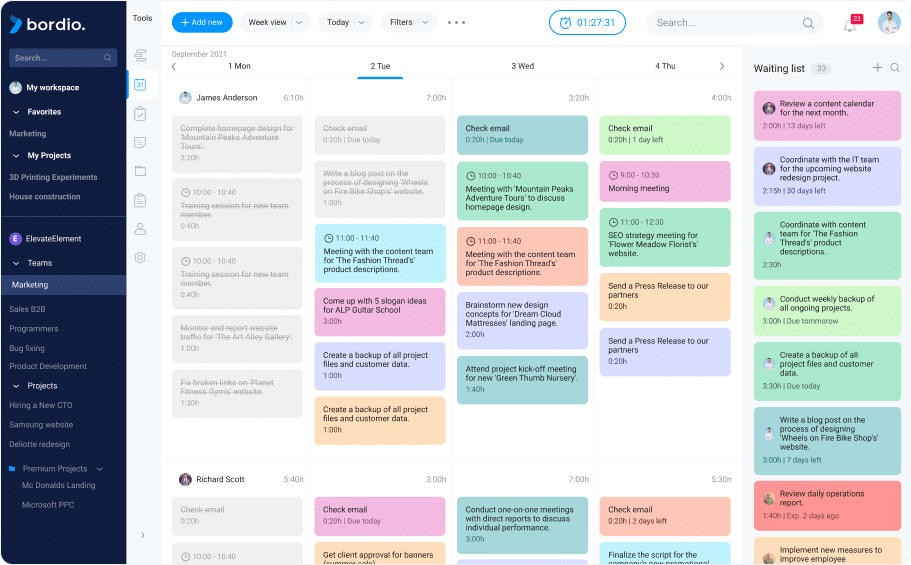
Unlocking New Realms: The Promises of Quantum Computing
From revolutionizing drug discovery to optimizing complex systems like global supply chains, the potential applications of quantum computing are vast. For challenges that conventional computers would take millennia to solve, quantum computers might just need a coffee break.
Security in a Quantum World: New Challenges Ahead
Every silver lining has a cloud, and for quantum computing, it’s the threat to digital security. Quantum computers could easily crack current encryption methods. But fear not! Quantum also promises new encryption techniques, leading us to a cat-and-mouse cybersecurity game.
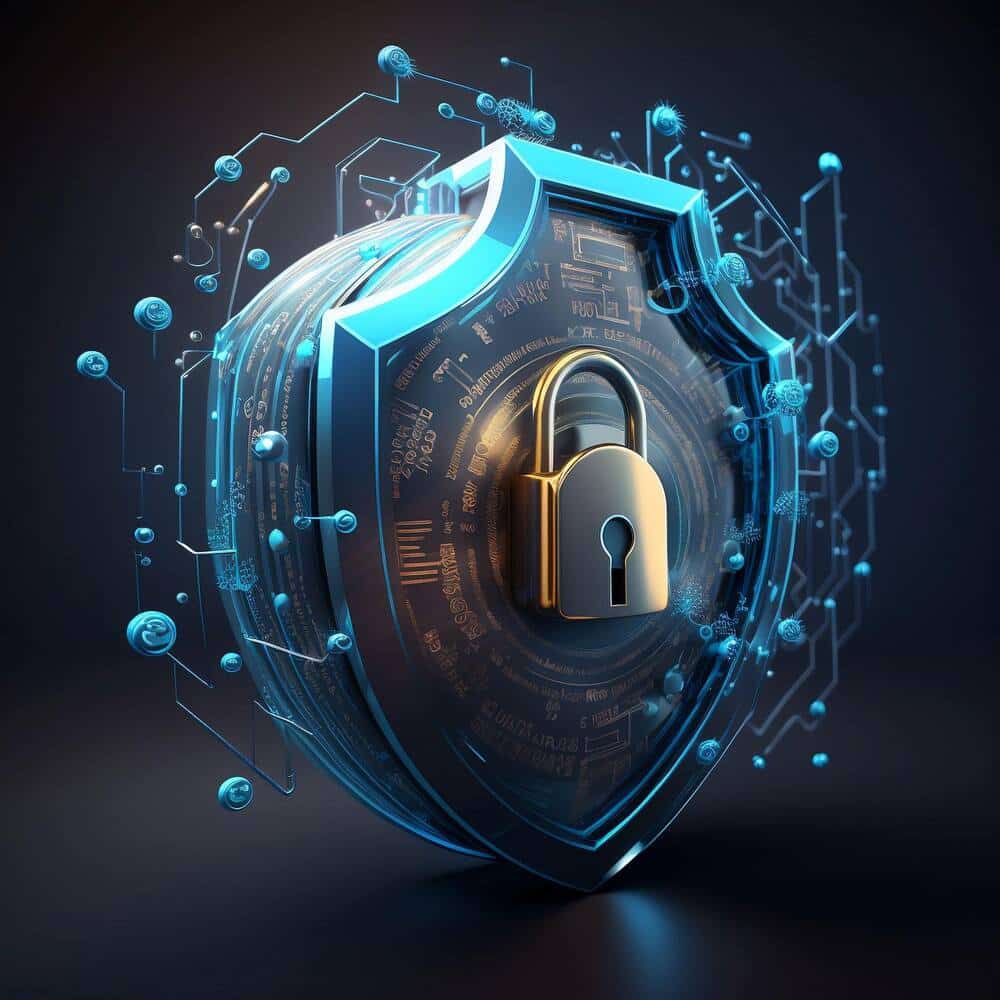
Zooming In: Fascinating Facets of Quantum Computing
- Quantum Supremacy: It refers to the point when a quantum computer can outperform the world’s best classical computers in specific tasks. And guess what? Google claimed to achieve this in 2019!
- Quantum Internet: Imagine a future where quantum principles transfer information with utmost security. That’s the promise of a quantum internet.
- Temperature Matters: Quantum computers function at extremely low temperatures, often colder than outer space, to maintain their quantum state.
- Error Correction: Given the delicate nature of quantum information, developing methods to correct errors in computations is a significant research area.
- Industry Collaboration: Tech giants like IBM, Google, and Microsoft invest heavily in quantum research, often collaborating with academia.
- Economic Implications: The quantum industry could contribute billions to the global economy in the coming decades, transforming numerous sectors.
- Skill Development: With quantum on the rise, there’s a growing demand for skilled professionals in this domain, leading to specialized courses and training programs sprouting.
Riding the Quantum Wave
To make the most of this quantum journey:
- Stay Informed: The world of quantum is rapidly evolving. Subscribing to tech journals or following quantum research hubs can keep you updated.
- Engage in Discussions: Join forums, attend webinars, or participate in workshops to deepen your understanding and connect with fellow enthusiasts.
🚀 Quantum Computing Use Cases
Quantum computing isn’t meant to replace classical systems but to solve problems that are currently intractable for them.
Here are some promising quantum use cases:
- Cryptography:
- Breaking current encryption (Shor’s algorithm)
- Creating quantum-safe cryptographic methods
- Drug Discovery & Molecular Simulation:
- Simulating atomic interactions for new medicines
- Modeling proteins and enzymes with high accuracy
- Financial Modeling:
- Risk optimization
- Predictive analysis in high-frequency trading
- Logistics & Supply Chain Optimization:
- Solving complex routing problems (e.g., traveling salesman)
- Inventory optimization under uncertainty
- Artificial Intelligence & Machine Learning:
- Speeding up training times
- Enhancing pattern recognition in high-dimensional data
- Climate & Energy:
- Modeling chemical reactions for clean energy
- Simulating climate models with granular precision
In conclusion, quantum computing isn’t just a fleeting trend; it’s set to be a cornerstone of our technological future, redefining what’s possible. As we stand on the brink of this new era, it’s thrilling to think about the possibilities and challenges ahead. So, here’s to quantum – the frontier where science meets wonder, and the incredible becomes the everyday!

